How Fuel-Efficient Stoves Are Changing Women’s Lives in Rwanda

Low-cost, fuel-efficient stoves in Rwanda are helping to save precious firewood, especially in the far Eastern Province, which has already been heavily deforested.
In Rwimiyaga Sector, a small village in Eastern Rwanda, Epiphanie Nyirangirimana has long relied on harvested wood and trees from nearby forests to cook using firewood, charcoal, and other polluting fuels in open fires or inefficient stoves.
Before receiving an improved cookstove, the 44-year-old mother struggled to prepare hot meals and heat water for bathing each day.
“Compared to the improved stoves, which made a big difference, we now use very little wood, and this has relieved us from stress,” Nyirangirimana said.
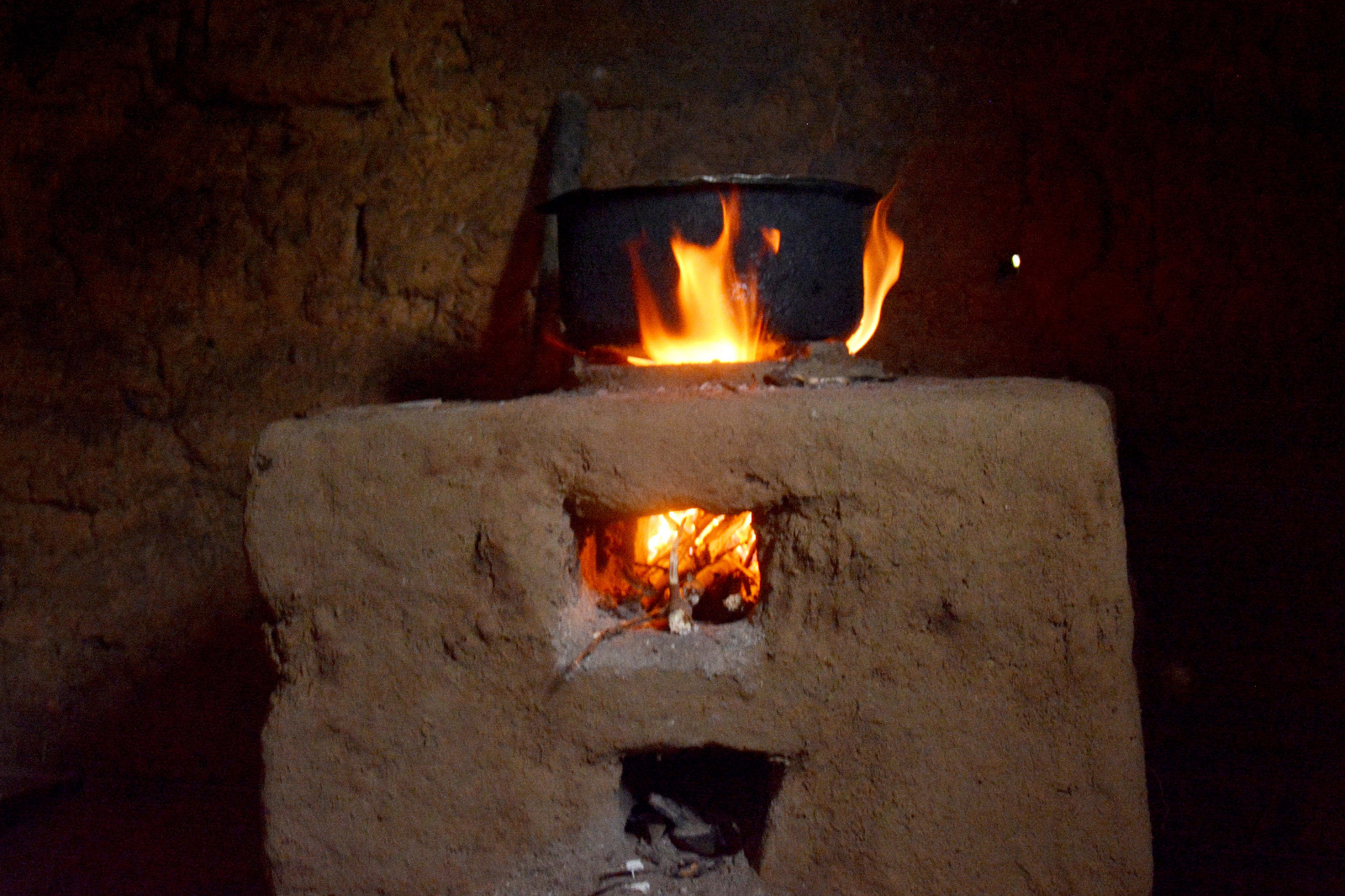
Affordability of Modern Cooking Solutions
The improved cookstove works on the principle of low-temperature combustion, significantly reducing firewood consumption—a vital resource for rural families in Rwanda and many other developing countries.
According to the latest Integrated Household Living Conditions Survey 7 (EICV7) conducted in 2024, there is a notable difference between urban and rural areas in Rwanda: 32% of urban households use firewood compared to 93% in rural areas.
Charcoal remains the dominant fuel in urban areas, used by 51% of households, while only 6% of rural households rely on it. Gas usage is also higher in urban areas (17%) compared to rural areas (1%), highlighting disparities in access to and affordability of modern cooking solutions.
Additionally, EICV7 reveals that nationally, 75% of households rely on firewood as their primary cooking fuel, followed by 18.8% using charcoal, and 5.4% using gas.
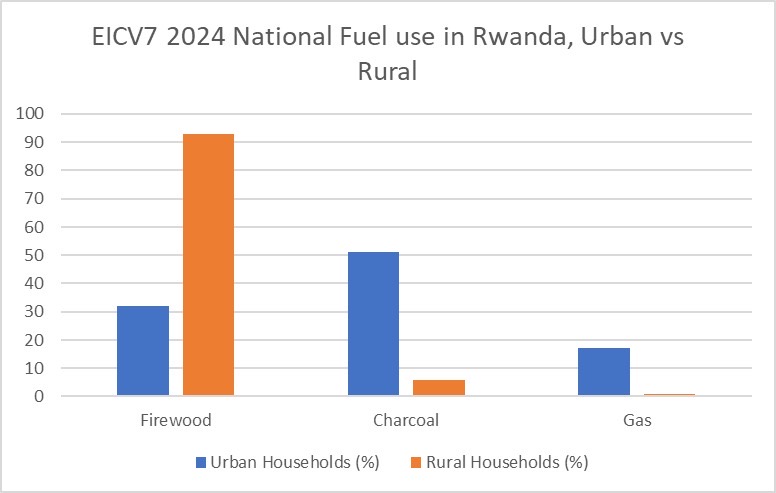
To reduce air pollution and protect the environment, the Government of Rwanda and other stakeholders are committed to decreasing the number of households using firewood and charcoal.
Significant investments have been made—from both the national budget and development partners—to implement various projects aimed at reducing dependence on forest-based fuels.

Musabyimana Clothilde, another female farmer from Nyagatare District in the Eastern Province, says the fuel-efficient stoves donated by the Rural Environment and Development Organization (REDO) have helped many women in her rural village address the excessive use of firewood.

Reducing Deforestation
The main goal of this initiative is to reduce excessive wood usage in Eastern Rwanda, one of the most deforested regions in the country.
To overcome common barriers to clean cooking energy adoption, Dr. Jean Damascene Gashumba, Executive Director of REDO, said that over 115,000 stoves have been distributed free of charge to low-income families in various districts.
“These stoves have contributed to reducing deforestation and harmful emissions, with women playing a central role,” Dr. Gashumba said.
Now, local villagers like Musabyimana and Nyirangirimana are embracing cleaner cooking. Fuel-efficient stoves have reduced indoor air pollution, significantly improving families’ health—especially for women and children—by reducing respiratory and eye diseases.
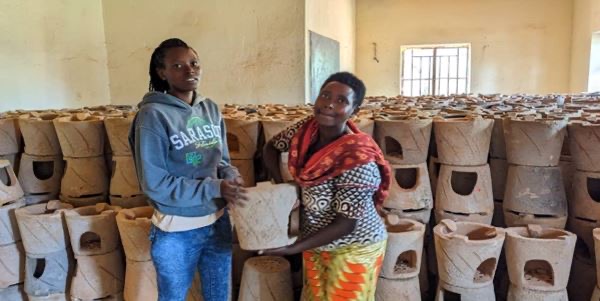
Today, women from Nyagatare and Kirehe districts in Eastern Rwanda are playing a crucial role in supporting the government’s mission to reduce dependency on traditional fuels.
Thanks to the improved cooking stoves provided by stakeholders such as REDO, women—who are the primary cooks and often responsible for collecting firewood or purchasing charcoal—have greatly benefited.
Nyirangirimana adds, “Back when most households in the region relied on the traditional three-stone fire, we saw growing cases of asthma among children and frequent eye infections due to smoke exposure.”
Local officials in Nyagatare and Kirehe districts emphasize that the transition to fuel-efficient stoves has helped reduce greenhouse gas emissions. Women’s involvement is seen as vital to achieving Rwanda’s national goal of cutting carbon emissions by 38% by 2030, as outlined in the national climate action plan.
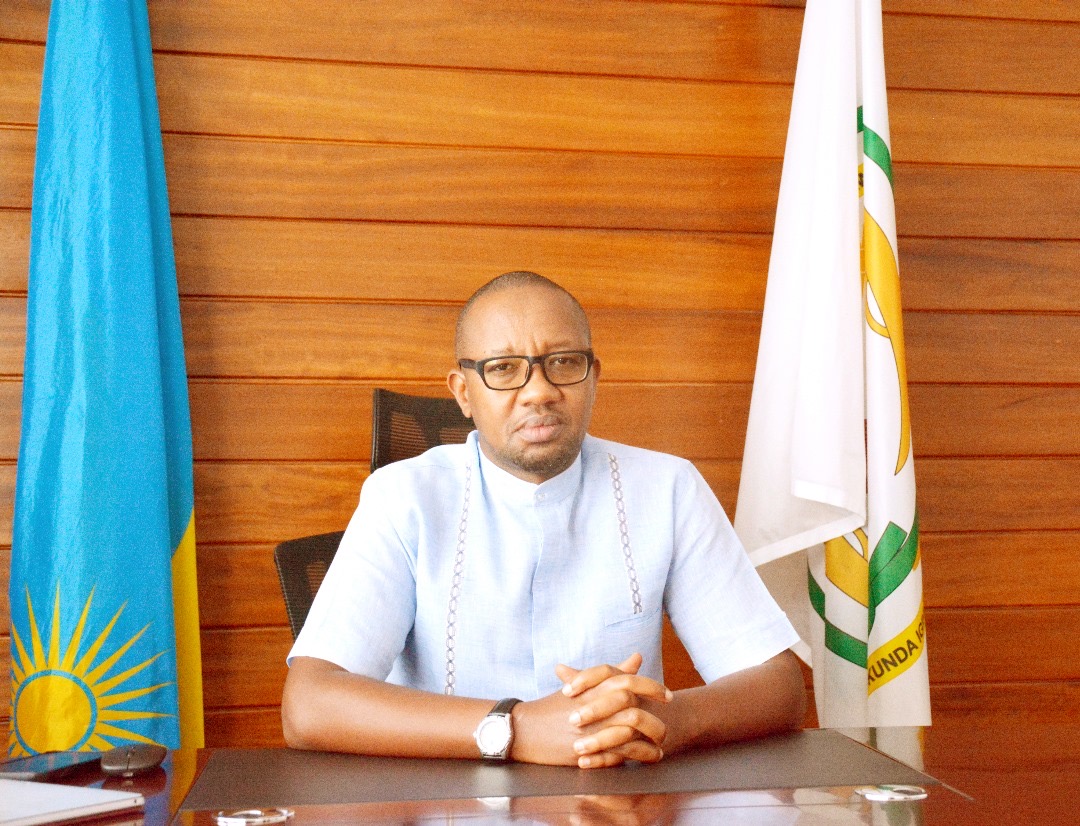
Rangira Bruno, Mayor of Kirehe District, praised development partners for their joint efforts to improve cooking methods and mitigate the health and environmental impacts of black carbon, with women taking the lead.
The Critical Role of Women
In partnership with stakeholders, the district distributes between 20,000 and 30,000 improved cookstoves each year. Estimates show that more than half of the 140,000 households now rely on this environmentally friendly solution.

Stephen Gasana, Mayor of Nyagatare District, said the district runs annual awareness campaigns to encourage households to adopt fuel-efficient stoves, emphasizing women’s role in their usage and upkeep.
“Every year, we engage with citizens through awareness campaigns. Women are instrumental in this effort, which is why the number of households using improved stoves continues to grow. Our local partners have helped us reach a large number of beneficiaries.”
Latest estimates show that over 120,000 stoves have been distributed to 160,000 households in Nyagatare District.
In total, more than 15,000 stoves have been distributed to households in Karongi (West), Rwamagana (East), Ngoma (East), Kirehe (East), and Nyagatare (East), most of which previously relied on firewood for cooking.
REDO, a pioneer in promoting these solutions, focuses especially on women in remote rural areas. Their emphasis on cleanliness when using the stoves also helps reduce indoor air pollution.
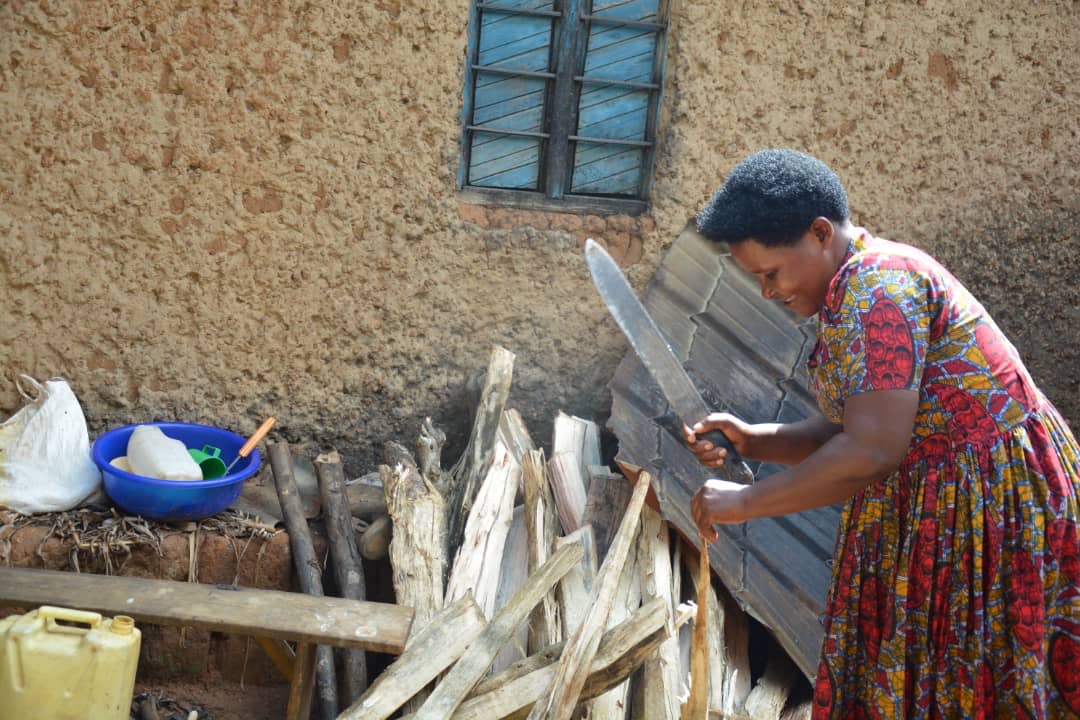
Phasing Out Traditional Three-Stone Stoves
When distributing stoves, stakeholders also assess their impact by measuring how much firewood a household uses with traditional stoves.
A REDO study found that traditional cooking consumes about 8 kg of firewood per day, whereas improved stoves cut that to about 4 kg per day. This reduction equates to preventing the deforestation of about 0.25 hectares of forest annually per stove and significantly lowers carbon emissions.
One such solution is “Canarumwe,” a government project promoting improved clay cookstoves that help conserve firewood.
The Rwandan government aims to reduce firewood and charcoal usage for cooking to 20% by 2030.
Dr. Jimmy Gasore, Minister of Infrastructure, emphasized the government’s continued efforts to help Rwandans access clean and sustainable cooking solutions while expanding national energy access.
“Much has been done to provide Rwandans with safer cooking options, but we still have a long way to go. That’s why we’re investing in briquettes, solar energy, and electricity. For those who can’t afford these, we continue to promote fuel-efficient stoves to reduce deforestation and pollution,” he said.
Study on Efficiency and Impact
The study by Uwizeyimana et al titled “Assessment of the Efficiency of Improved Cooking Stoves and Their Impact in Reducing Forest Degradation and Emissions in Eastern Rwanda” aimed to determine adoption rates, performance of improved cook stoves (ICS), and their environmental impact, found that ICS adoption in the Eastern Province remains low (33.7%), with a few dominant brands like Eco Zoom, Save80, and fixed mud stoves. Laboratory tests showed that the Save80 stove had the highest thermal efficiency.
However, carbon monoxide (CO) and PM2.5 emissions from tested ICS models were still high compared to WHO guidelines. Kitchen Performance Tests (KPTs) showed that annual wood consumption dropped from 2,102.4 kg for traditional stove users to 1,587.7 kg for ICS users—saving 149,313 tons of wood annually, equivalent to 7,167 hectares of forest.
The estimated CO₂ reduction per household using ICS was about 0.37 tons per year, totaling approximately 111,088 tons of CO₂ saved in the Eastern Province.
The study noted that while ICS improved efficiency and reduced deforestation, their contribution to indoor air quality still needs improvement. It recommended using KPT as a more accurate estimator for carbon credit and intervention programs since it accounts for real cooking habits.
To ensure the positive impact of ICS distribution, the study urged the government and partners to establish minimum efficiency and emission standards. Some ICS models still consumed similar amounts of wood as traditional three-stone or mud stoves, making quality control essential.
To meet Rwanda’s climate goals under the Paris Agreement and achieve SDG 7 (Clean Energy), SDG 11 (Sustainable Cities), and SDG 13 (Climate Action), stronger partnerships between government, the private sector, and other stakeholders are crucial to increasing ICS adoption and ensuring their sustainable use.
To meet the goal of reducing charcoal use from 75% to 20% by 2030 and relieve pressure on forests, an estimated investment of $1.37 billion is needed.

